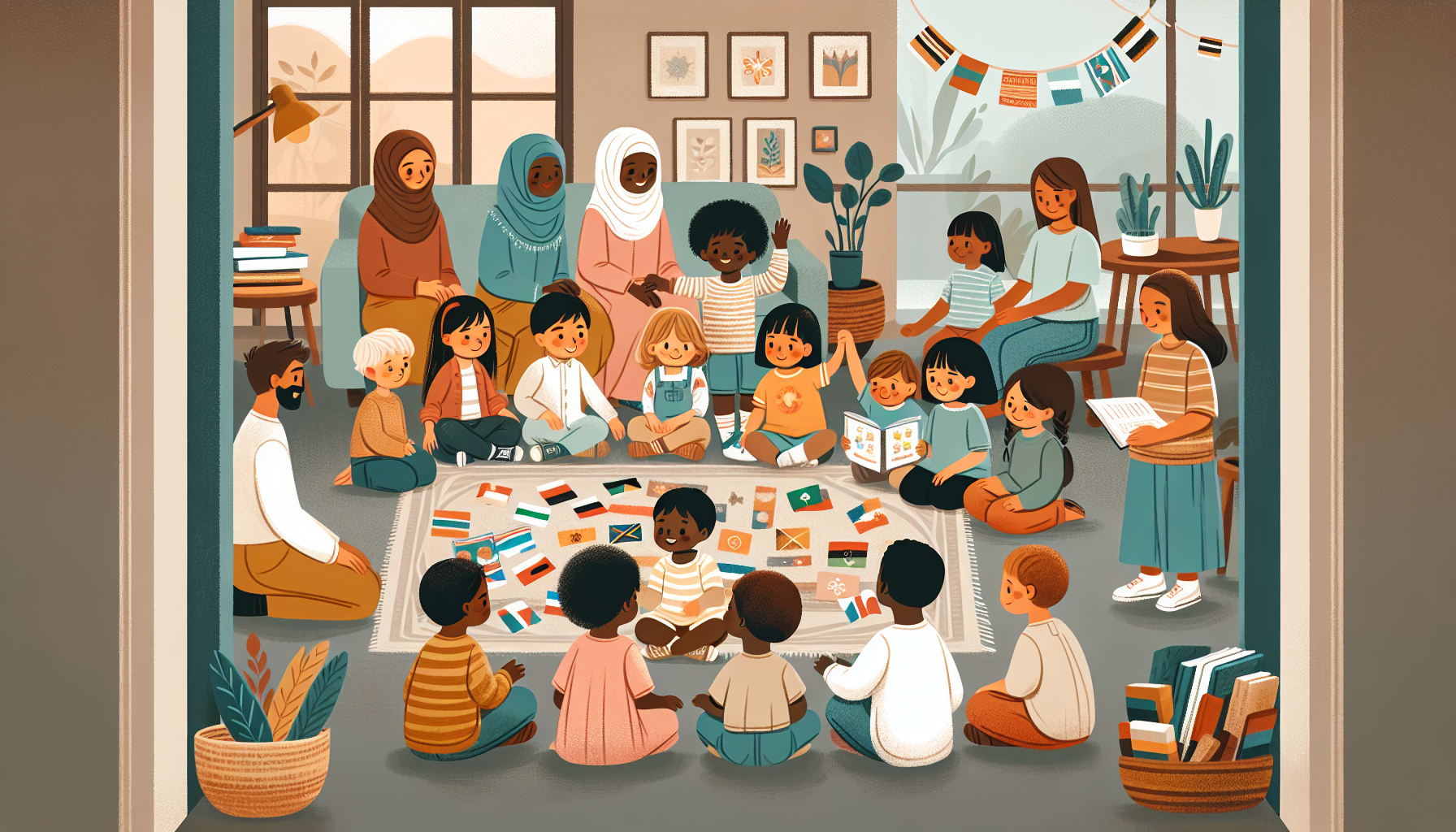Encouraging Children to Appreciate Diversity
In today’s interconnected world, fostering an appreciation for diversity in children is more crucial than ever. As parents and future parents, you play a pivotal role in shaping your child’s understanding of the world around them. Encouraging children to appreciate diversity can not only enhance their social awareness but also empower them with skills essential for thriving in a multicultural society.
Main Points
Children are naturally curious and open-minded, making early childhood the perfect time to instill values of inclusivity and respect for differences. Research indicates that exposure to diverse environments positively impacts cognitive development and empathy. Introducing your child to different cultures, languages, and traditions can broaden their perspective and improve their social skills.
Psychological principles, such as those found in cognitive-behavioral therapy (CBT), suggest that fulfilling core psychological needs—like the need for safety, autonomy, and self-expression—can help children develop a healthy sense of identity and belonging. When children feel safe and valued for their uniqueness, they are more likely to embrace differences in others.
For example, a study published in the Child Mind Institute highlights how children exposed to diverse educational settings show increased problem-solving skills and creativity. By integrating diversity into daily life, parents can nurture a generation that values inclusivity and collaboration.
Practical Recommendations
- Read Diverse Books: Choose books featuring characters from different backgrounds. This not only enhances their reading skills but also introduces them to new cultures and experiences.
- Celebrate Cultural Festivals: Participate in various cultural events and festivals with your child. This hands-on experience can deepen their understanding and appreciation for different traditions.
- Model Inclusive Behavior: Children learn by observing. Show respect and openness towards others, and your child is likely to mirror these behaviors.
- Encourage Open Conversations: Create a safe space for your child to ask questions about differences they observe. Honest and age-appropriate discussions can dispel myths and reduce prejudice.
- Promote Autonomy: Allow children to explore their interests and friendships freely, encouraging them to interact with peers from diverse backgrounds.
Conclusion
Encouraging children to appreciate diversity is not just about teaching them to tolerate differences but about helping them understand and celebrate them. By using effective parenting strategies, you can nurture your child’s social awareness and equip them with the tools to become compassionate global citizens. Remember, the journey towards appreciating diversity starts at home, and as a parent, you have the power to make a lasting impact.
For more insights on fostering diversity and social awareness in children, visit the Child Mind website.

